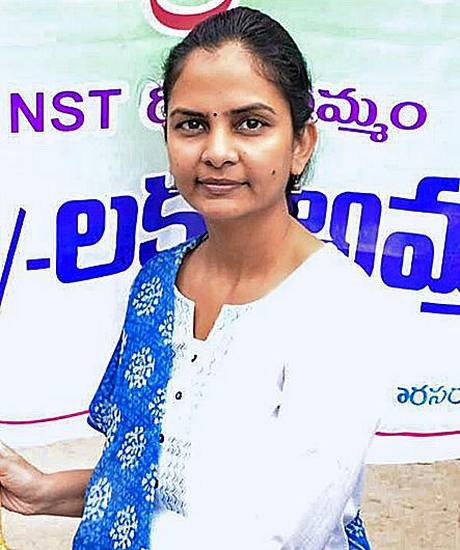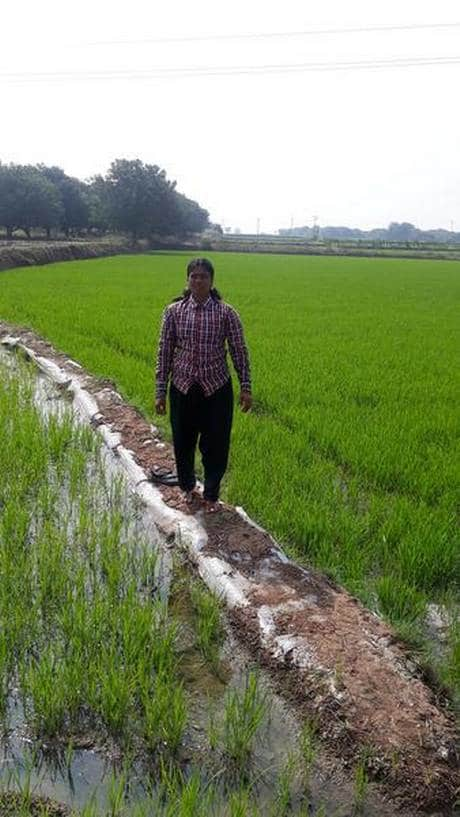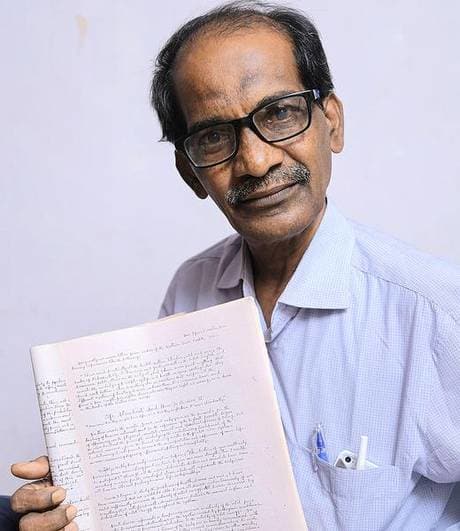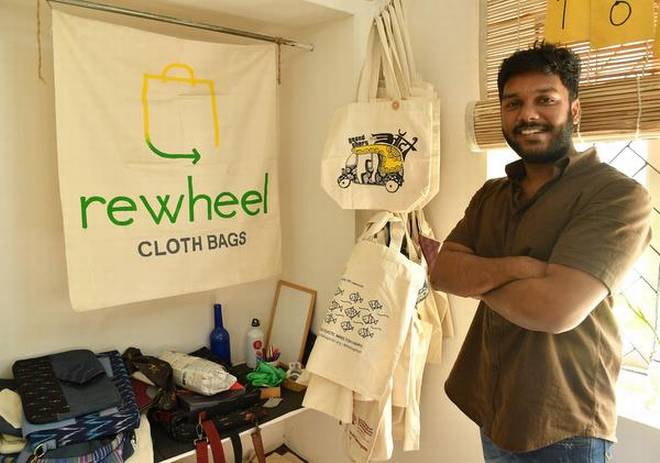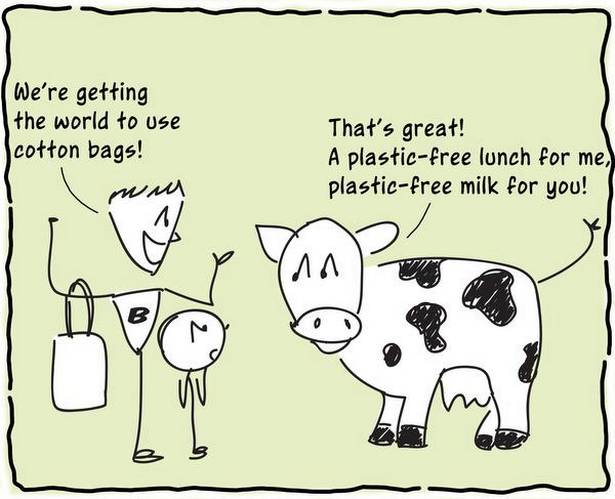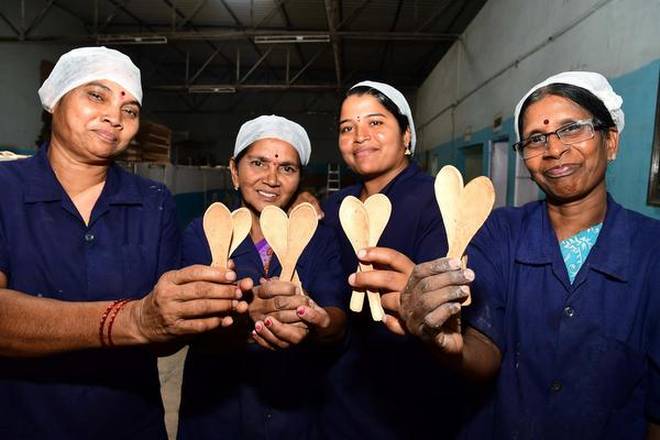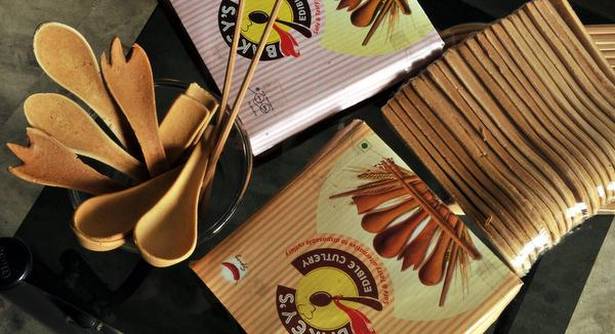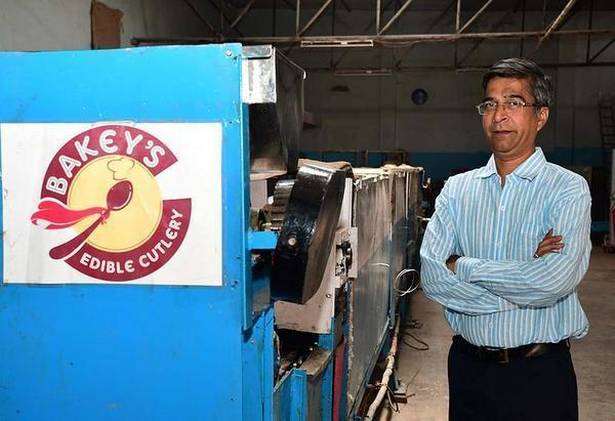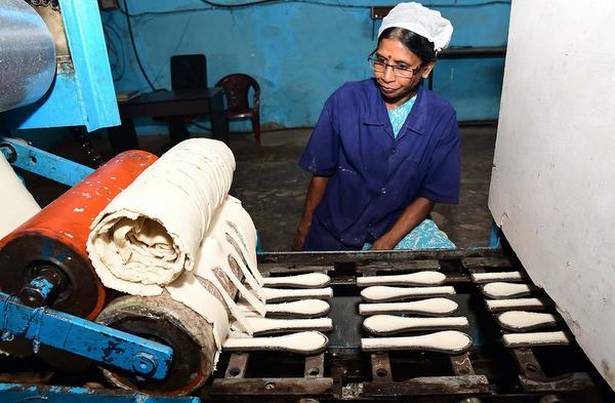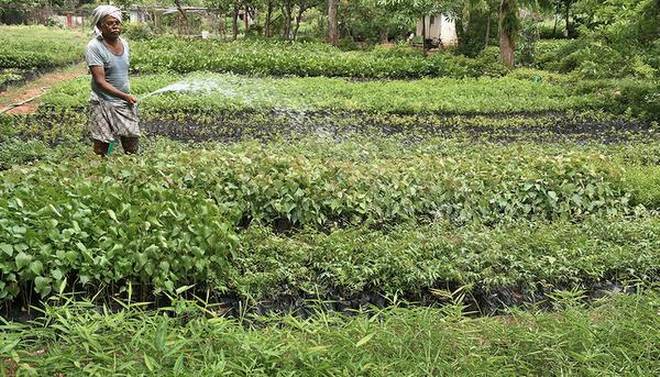
G. Narahari Sastry
‘The institute has made a big difference to the area through its research and by introducing about 100 tecnologies’
“It is the only lab of Council of Scientific and Industrial Research (CSIR) in north east at Jorhat in Assam that is involved in multifarious scientific activities. I feel proud to be heading an institute that is soon to celebrate its diamond jubilee,” said G. Narahari Sastry, the newly appointed director of North East Institute of Science and Technology (NEIST).
Dr. Sastry, 53, who was with CSIR-Indian Institute of Chemical Technology (IICT) since 2002 heading the Centre for molecular modelling, has just taken over and was here for a conference when he told The Hindu about his new ‘institute of eminence’ and the direction he intends to take it forward.
North East is blessed with abundance of natural resources like varied flora and fauna, minerals, natural gas, petroleum, aromatic and medicinal plants and hence, NEIST is targeted to undertake research in those areas. “The institute has been dealing with chemicals, agro-technology, geotechnical and other studies spread on a sprawling campus of 400 acres. It already has an excellent record and has made a big difference to the area through its research and by introducing about 100 technologies,” he said.
Dr. Sastry said emphasis will be on fundamental and translational research of applying basic biology and clinical trials to address critical societal health needs through drug discovery, environment care and sustainable development.
With a PG degree in chemistry from Osmania University and Ph.D from University of Hyderabad, he moved to ‘bio-informatics’ during his teaching stint with Puducherry university. His research is on employing artificial intelligence and machine learning to integrate with bioinformatics in developing disease-specific web portals and delineating disease biology in the area of healthcare.
“Seventy per cent of my research work deals with biology combining computational mathematics and AI. The government’s directive now is while excellence is good, science should be relevant to the people and improve their quality of living,” says Dr. Sastry.
A Shanthi Swarup Bhatnagar Award winner in chemical sciences in 2011, he has been a visiting professor for universities in Japan, Germany and United States.
source: http://www.thehindu.com / The Hindu / Home> Cities> Hyderabad / by V. Geetanath / Hyderabad – March 04th, 2019
